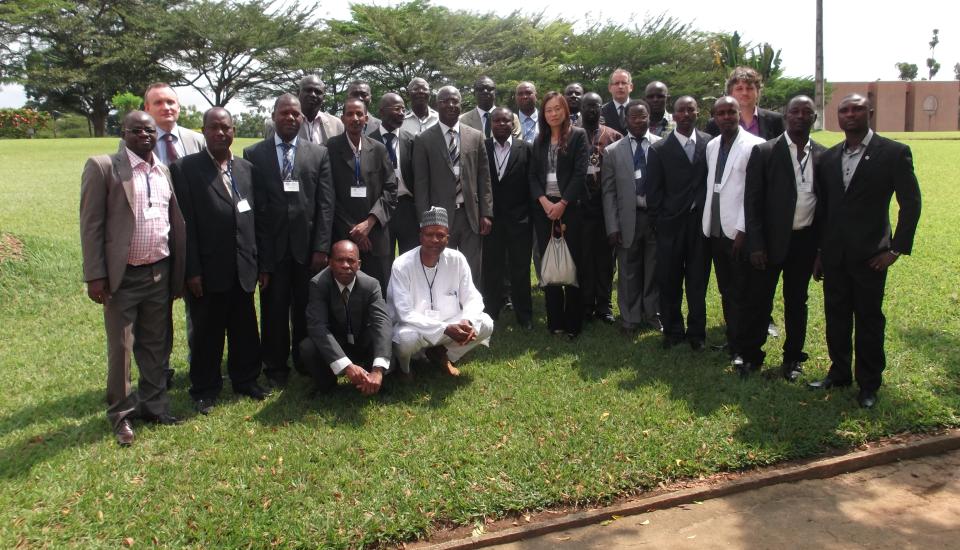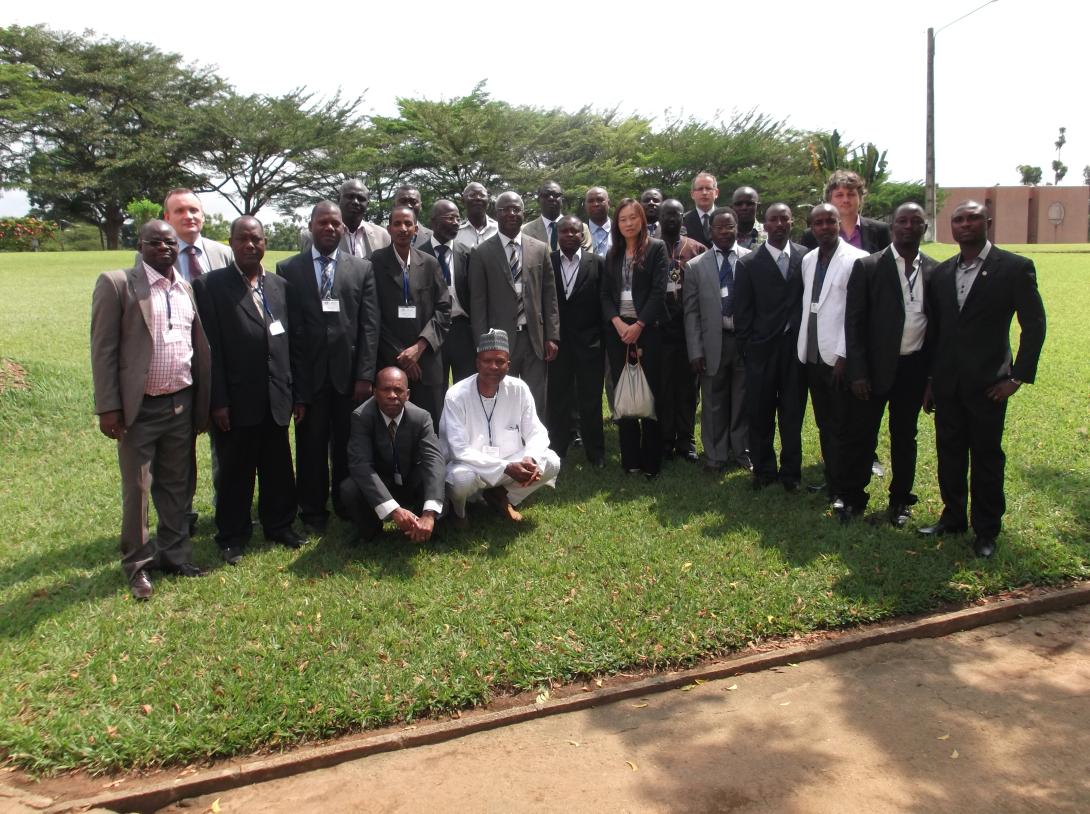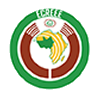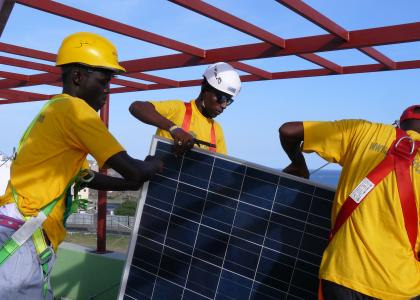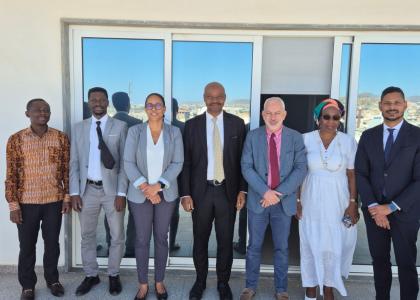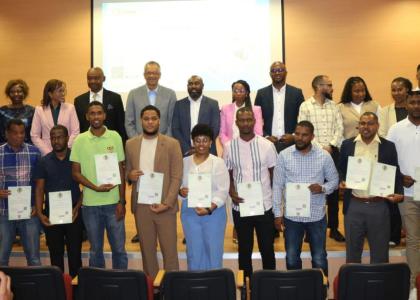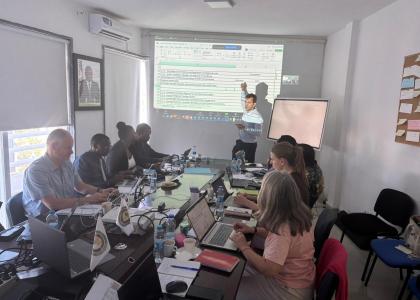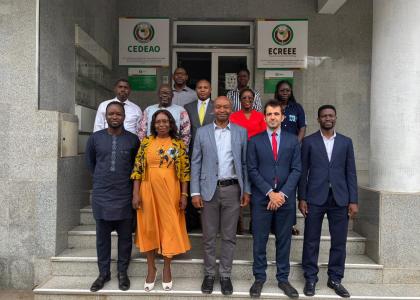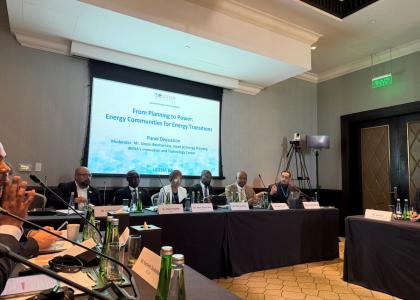The ECOWAS Regional Centre for Renewable Energy and Energy Efficiency (ECREEE) and the International Renewable Energy Agency (IRENA) organized a Regional Workshop on Energy Planning Methodologies and Tools in Abidjan, Cote d’Ivoire from the 10th to the 12th of December of 2012.
The workshop aimed to acquaint energy planners in the region with energy planning methodologies using the ECOWAS Renewable
Energy Planning model developed by IRENA, based on MESSAGE modeling tool (a software developed by the International Atomic Energy Agency, IAEA, to support national governments in the energy planning). The workshop was part of the joint ECREEE-IRENA Initiative ‘Promoting a Sustainable Market for PV Systems in the ECOWAS Region (ProSPER)’ on capacity building to foster renewable energy development in the region. The targeted participants were professional staff from the planning units at ministries and electric utilities.
The workshop was also part of the ECOWAS training program on “Energy Planning Support for the Elaboration of Renewable Energy Action Plans for the ECOWAS Countries” organized by ECREEE in collaboration with its partners.
30 participants attended the workshop, most of them senior staff from their respective energy planning units and also they had experience with energy planning models and analysis tools. Ther participants came from 13 ECOWAS member states, specifically from the Ministry of Energy as well as the national electricity utility.
During the two and a half days, participants learned the basic of the ECOWAS Renewable Energy Planning Tool (EREP) as well as how to use MESSAGE tool to run the simulation and obtaining the results into EREP. They wre able to run their own country simulation and compare different scenarios.
Moreover, ECREEE and IRENA explained their respective major programs related to energy planning. The International Atomic Energy Agency (IAEA) participated also in the workshop and provided in-depth exerpertise about MESSAGE as well as expalined all the activities they are conducting related to capacity building in Energy Planning.
The main outcome of the workshop was that EREP was a tool that can play a useful role for energy planning in the ECOWAS region. The availability of EREP is timely, as ECOWAS countries are developing national renewable deployment plans following the adoption of the regional level ECOWAS Renewable Strategy and some of the ECOWAS countries are committed to Sustainable Energy for All (SE4ALL) initiatives. Moreover, ECOWAS energy ministers adopted in October 2012 the ECOWAS RE Policy developed by ECREEE with the technical validation of the member states. Within the framework of this regional policy, National RE Action Plans (NREAP) will start to be developed in the next two years. EREP model is seen as an appropriate tool to support the NREAP. Participants indicated the need for improved renewable power planning based on a structured formal iterative process of gradual refinements and dialogue with policy makers and other stakeholders. ECREEE and IRENA will have to play a leading role on this regard.
After the workshop, participants will further work with the e-learning module of MESSAGE and will run the model at the national level taking into consideration different scenarios. ECREEE will conduct regional and national analysis in collaboration with member states as well as will support the participants in their own national exercices. ECREEE and IRENA will work together to improve EREP model after assessment of the limitations and the best adapted options to the ECOWAS context.

